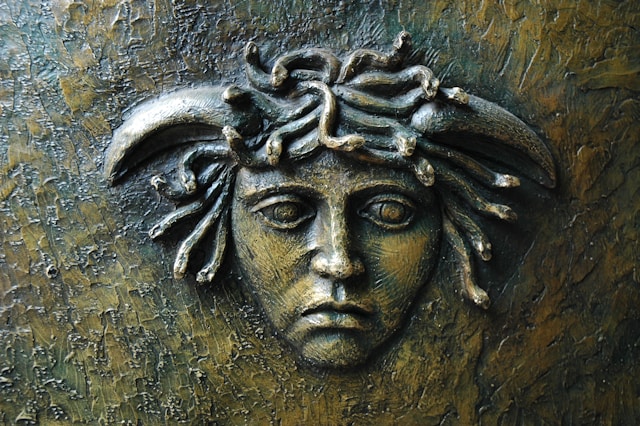The Mischievous Origins of April Fools’ Day
April Fools’ Day, celebrated every April 1st, is the unofficial global holiday for mischief and laughter. It brings joy and levity to everyday life. The tradition’s roots remain debated, but many link it to 16th-century France, where a calendar switch left some celebrating New Year’s Day on April 1st instead of January 1st. These “April fools” became the targets of playful ridicule, giving birth to the tradition. Others connect it to Roman festivals like Hilaria, a time of revelry and satire. Whatever its true origin, April Fools’ Day has stood the test of time, keeping humour alive across generations.
Global Traditions of April Fools’ Day
Around the world, April Fools’ Day has inspired unique traditions and pranks that reflect local cultures:
- France: Known as “Poisson d’Avril” (April Fish), the French stick paper fish on unsuspecting backs as a lighthearted joke.
- Scotland: A two-day celebration called “Hunt the Gowk” involves elaborate pranks, followed by “Tailie Day,” dedicated to playful tricks involving the backside.
- Japan: While not historically observed, April Fools’ Day is gaining traction with harmless jokes and social media fun among friends.
- United States: Famous for its creative corporate pranks, companies unveil fake products or ideas that often leave audiences in stitches.
View this post on Instagram
Iconic April Fools’ Day Pranks Through the Years
April Fools’ Day has a history of jaw-dropping pranks that have fooled millions and brought smiles worldwide:
- Spaghetti Tree Hoax (1957): The BBC aired a mock documentary about Swiss farmers harvesting spaghetti from trees, delighting and confusing viewers alike.
- Taco Liberty Bell (1996): Taco Bell announced it had purchased the Liberty Bell, claiming it was their patriotic contribution to reducing the national debt.
- Google Nose (2013): Google introduced a fictional product claiming to allow users to search and experience smells online.
- Left-Handed Whopper (1998): Burger King advertised a special Whopper for left-handed customers, which had diners rushing to order.
- Flying Penguins (2008): The BBC showcased a video of penguins magically taking flight to escape the harsh Antarctic winter.
- Big Ben Goes Digital (1980): The BBC jokingly reported plans to replace Big Ben’s clock face with a digital screen, causing an uproar among traditionalists.
- YouTube’s Rickrolling (2008): YouTube tricked users by redirecting all video links to Rick Astley’s “Never Gonna Give You Up,” sparking both annoyance and amusement.
These legendary pranks prove that humour is universal and timeless.
在 Instagram 查看这篇帖子
The Joy of April Fools’ Day
April Fools’ Day isn’t just about jokes; it’s a reminder of the power of laughter to connect people. In today’s fast-paced world, this day offers a much-needed pause to celebrate humour and creativity. Whether through harmless office banter or clever media stunts, the day inspires us to look at life with a lighter heart. Humour has a way of bridging divides, and April 1st is a testament to the unifying magic of a shared chuckle.
Let’s Talk: Your Favorite April Fools’ Moments
Have you ever been fooled by a clever April Fools’ Day prank, or do you have a favourite story that still makes you laugh? Share your experiences in the comments below! This day is about spreading joy, and your stories could inspire someone else to smile. Let’s keep the tradition of humour alive and well.



